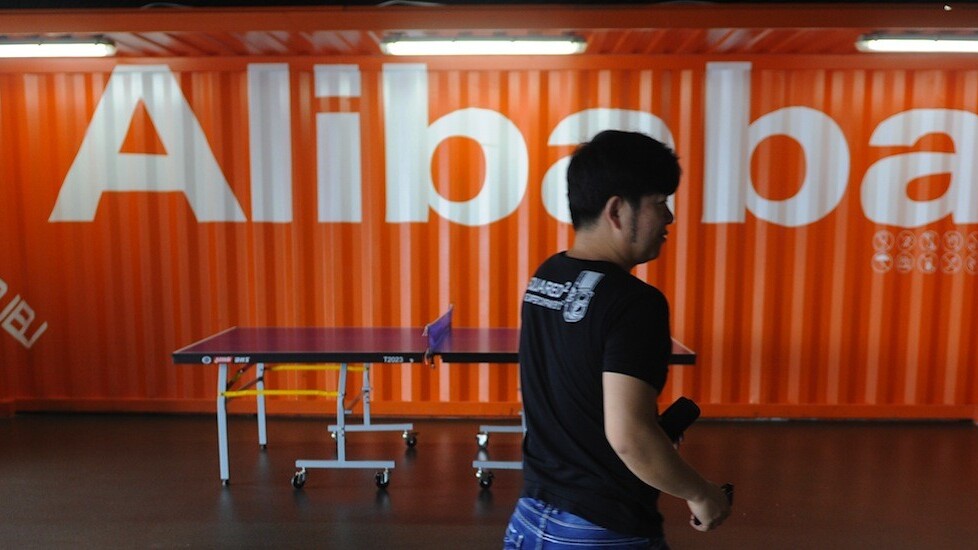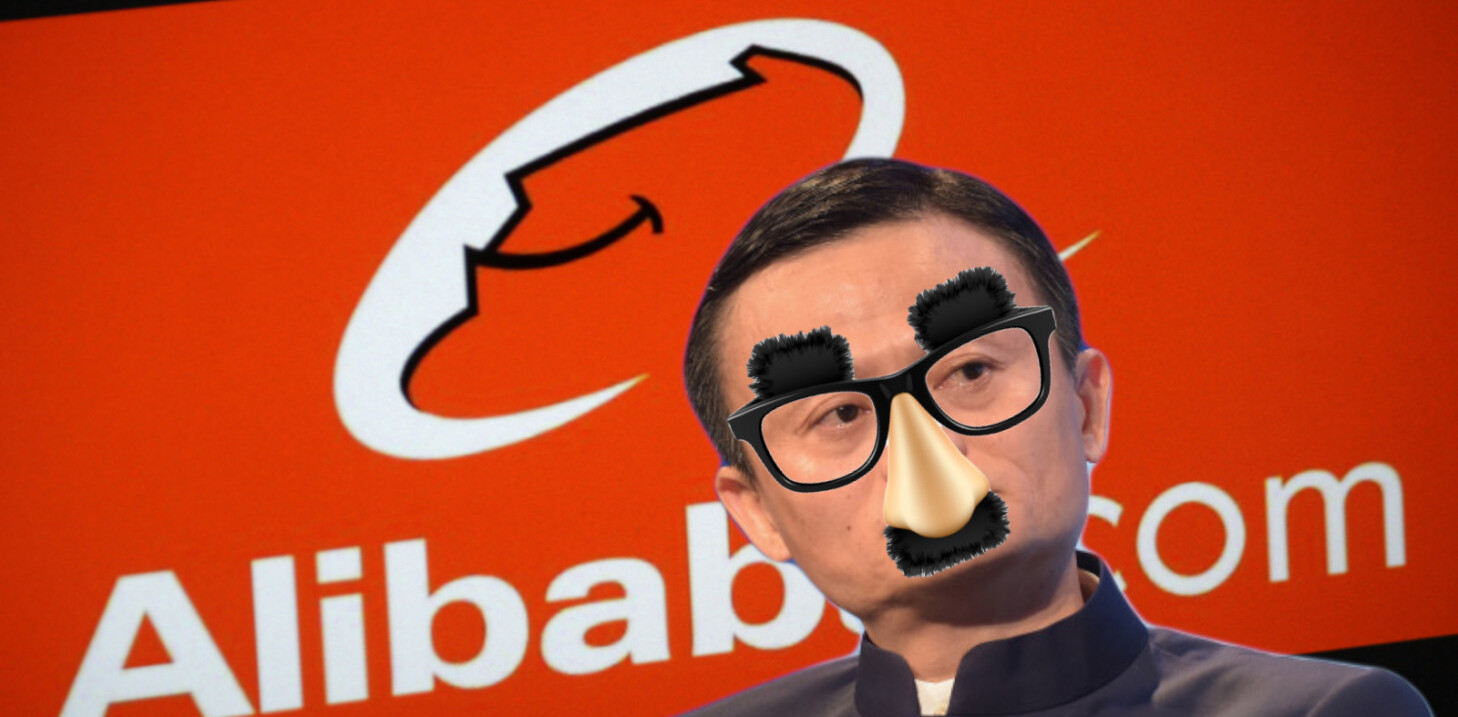
Michael de Waal-Montgomery is a Hong Kong-based reporter and consumer tech enthusiast. You can find him on Twitter at @michaeldwm.
With China’s state-run news agency Xinhua announcing at the end of July that Alibaba’s IPO will be put back to after the US Labor Day on September 1, discussion on e-commerce in Asia continues to be a hot topic.
Aliaba’s IPO is expected to be one of the largest in US history, while it is also likely to strengthen Chinese e-commerce stocks in general — this after Chinese stocks trading in New York moved to a three-year high earlier this month.
Commentators are now looking more closely at the broader picture of the trend of Asian companies, including startups that are trying to get their break in Western markets.
Western brands eye China
At the same time, there is a desire among Western brands to establish themselves in China. Starbucks’ recent sales growth of 23 percent is testament to the growing spending prowess of mainland consumers.
Technology and gaming companies in particular from countries like America, Korea and Singapore have been successfully entering the Chinese market for some time now, often teaming up with local firms that already have established userbases to help ease them in.
Tencent, which operates the hugely popular WeChat app, is working to help Western games firms localize in China, having recently begun offering King’s hit game Candy Crush Saga. Even Alibaba is offering games tailored to suit Chinese taste, Betawork’s Dots was the first Western title on its new mobile games platform.
Luxury fashion brands, too, are flocking to China as they realize there is more money to be made by taking their product direct to Chinese customers rather than waiting on them to travel to traditional fashion markets in Europe, or buy online and have the goods shipped.
Last year alone, something in the region of 97 million Chinese traveled overseas. Some stores in the West have wisened to this trend and are now employing Mandarin-speaking sales assistants.
Alibaba going the other way
And yet, Alibaba is trying to do just the opposite. Already well-established in China, the firm is looking to break out into international markets. In addition to a new e-commerce site in the US, Alibaba has inked a series of deals, initially across Asia Pacific, to increase its distribution network and allow it to export goods from China more efficiently.
While many fear that establishing a brand in China remains still difficult due to cultural differences, questions also abound as to whether an Asian brand like Alibaba can be successful in exporting its consumer-facing online business to Western markets such as the US. The company already offers B2B services in international markets.
Certainly, branding is key when Asian companies try to enter Western markets and vice versa. Huawei’s notoriously mispronounced name in the United States has created a perception of “foreignness” among consumers there. Indeed, there’s good reason why the Japanese tire company went with the name “Bridgestone” upon entering the US market: it sounded familiar to people who might buy their products.
Adjusting to different consumer cultures
Another common concern is that Asian companies going into the US are not able to offer the levels of customer service that American consumers have become used to thanks to players like Apple and others.
A second common concern is the ease of using Chinese website models that don’t carry over well to the West. Online shoppers in the US and Europe are used to a very different — clean, minimal — website design, rather than the cluttered store fronts and layouts of Asian e-commerce platforms like Alibaba and Taobao.
Often it seems like the image of a Chinese (or Hong Kong) streetscape — full of its mish-mash of signboards advertising local wears and establishments — appears to have been carried over to online platforms in the online era here in Asia.
But again, this concern is largely unfounded as serious e-commerce outfits like Alibaba that are set on entering foreign markets redesign their platforms to fit around the needs of Western shoppers. To fail to do so would be retail suicide.
Not only this, but Western brands have made it clear to Alibaba-owned Tmall.com that they will not list their online stores with them unless design environments they have come to expect and are used to are put in place. This is just a case of Alibaba meeting the most basic needs of both the shoppers and sellers.
One larger problem may be around the perception that Alibaba is a discount platform — something Western luxury brands (especially in fashion) who pride themselves on quality (for a higher price) will be more reluctant to be associated with. This can create something of a disconnect, but only time will tell whether this is an issue over the long-term.
China remains ahead of the US in terms of customer experience of buying online through mobile, with mobile users in China recently outnumbering those connecting via a PC. This high-end mobile functionality for online purchases — using Alipay, Alibaba’s affiliate payments service — is a culture that Alibaba could help instill in foreign markets.
Inspiration from successes
Although not in e-commerce, Alibaba would do well to learn from the successes of Huawei, which is now massively successful beyond the Chinese market. Electronics giants like TLC, headquartered in Huizhou, are also enjoying roaring overseas trades in developing markets including (but not limited to) South America and South East Asia.
What Alibaba is attempting to do is slightly different from many Chinese companies, though, who don’t go straight into America, but rather enter emerging markets first. White label goods (appliances) companies have been especially effective at this route.
In any case, a big cross-culture and cross-market venture of this scale is sure to get plenty of media attention. It will be interesting to see how many of the fears and expectations around Alibaba’s great China-break hold water a year down the road.
Image credits: Headline via Peter Parks/AFP/Getty Images, Beijing store via ernie/Flickr, Alipay via David Feng/Flickr
Get the TNW newsletter
Get the most important tech news in your inbox each week.









